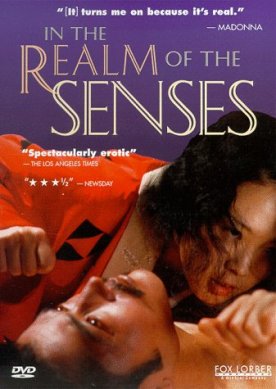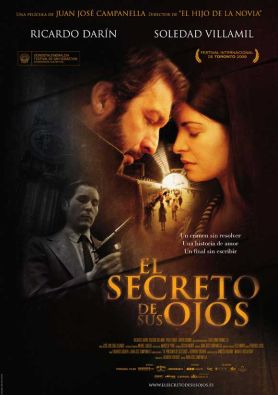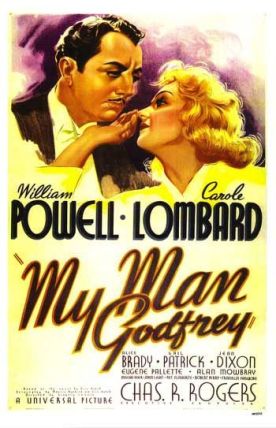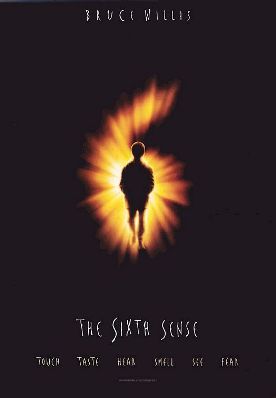Sunshine
Sunshine, directed and co-written by the Hungarian Istvan Szabo but
with an entirely English-speaking cast, is a superbly well-crafted film that
manages, unlike so many of its elephantine brethren these days, to keep our
attention riveted throughout its three-hour length. For what it is, it could
hardly be better, but what-it-is is family- saga soap opera that piggybacks on
several of the 20th
century’s more regrettable passages
for most of its emotional energy. For Jews, it also has a thumpingly resounding
message about the inevitability of
Jewishness — as a racial and social
identification, not a religious one — and the wrong and misguided hopes of
assimilation which so unfortunately dominate the middle two of the four generations of the
Sonnenschein family that the film concerns itself with. To a gentile critic such
emphasis on a Jewish racial identity without reference to the Jewish religion,
though it is entirely understandable in the light of
20th century history, smacks a bit of the craze
for identity politics which has had such unfortunate consequences in that
century’s closing decades.
But given the film’s assumptions
about racial identity, it does a magnificent job of dramatising and illustrating
them. The story concerns the Hungarian Sonnenscheins (German for “sunshine”)
whose patriarch, Emmanuel (David de Keyser), comes to Budapest in the mid-19th
century with a recipe for a tonic (called Sunshine) which is immediately
successful and makes his fortune. The story proper, however, begins with the
romance between Ignatz (Ralph Fiennes), one of the twin sons of Emmanuel and his
wife Rose (Miriam Margolyes) and his adoptive sister, Valerie (Jennifer Ehle).
Though they are in fact cousins, Rose especially sees the liaison as incestuous
and pronounces a curse upon the marriage before she realizes that
Valerie’s pregnancy makes marriage
necessary.
This curse has a symbolic significance, coming as it does as a result of the
younger generation’s disobedience of
parental authority (much is made of
Emmanuel’s having bowed to such
authority himself in a similar situation in his youth). Later when Ignatz is
told that his legal career would be advanced if he were to change his name to
something that sounded “a bit more
Hungarian” — that is, a bit less
Jewish — he and Valerie and his brother
Gustave (James Frain) all decide together to change their name to
“Sors,”
which in Hungarian as in Latin means
“lot” ,
“fate”
or
“destiny.”
Again, the symbolism is a bit heavy-handed, but the point is well made when the
three of them come laughing and gay from the registry office after the official
name change, as if it were to them, as indeed it seems at the time, a joyous
liberation from the dead hand of family and tradition. Emmanuel asks if they
mean also to change their religion. Ignatz assures him that there is no thought
of that.
This sense of the promise of the new is the best thing about the film and
what makes it transcend its somewhat narrow concern with Jewish ethnicity. In
one way it is far too obvious to have Ignatz at a New
Year’s Eve party on December
31st, 1899 proposing a toast to the 20th
century by saying “I predict this will
be a century of love, justice and
tolerance,” but the sentiment was
widely shared at the time and the dramatic ironies so obvious from our point of
view are history’s and not just
Szabo’s. I only wish he had devoted a
bit more time to Gustave’s career in
radical and Communist politics, which was the theatre in which so many of those
hopes of a better world played their too-brief part in the
century’s story and expired.
Instead he concentrates on the story of Ignatz, whose efforts to serve the
Emperor as an incorruptible judge in a time of great corruption end with the
empire’s defeat in the First World
War. Ignatz dies a broken man and the focus shifts to his son, Adam, also played
by Mr. Fiennes, who carries the process of assimilation a stage further by
converting to Roman Catholicism and marrying a gentile. He is a champion fencer
who wins the Olympic gold medal in sabre for Hungary in the Berlin games of 1936
(his story here is loosely based on that of the great Hungarian fencer Endre
Kabos, who did win gold in 1936). The
film’s most unforgettable scene takes
place in a concentration camp a few years later when Adam, invited to identify
himself as a Jew, insists that “I am
an officer of the Hungarian army…the national fencing champion…an Olympic
gold medalist” even under the
immediate threat of death.
“I’ll show you what you
are,” says the guard.
“You’re
garbage.”
From here the focus shifts to
Adam’s son, Ivan, also played by Mr.
Fiennes, who becomes a secret policeman, ruthlessly hunting down ex-Nazis for
Hungary’s post-war Communist
government — until his inevitable
disillusionment. The film ends with the end of the Cold War and
Ivan’s re-branding as, once again, a
Sonnenschein. Szabo says that “I
think this story shows how three supposedly different regimes
— an Empire, a Nazi regime and a
Communist regime — each promise
happiness but carry out dreadful acts in the name of
society’s
betterment.” Although this, he says,
“has repeatedly been the experience of
the 20th century,” he himself indulges
the hope that “sometimes a generation
comes along that will not continue the
cycle.” This seems to me rather a glib
conclusion to this harrowing story of modernity, but we must just hope that,
unlike Ignatz Sors at the turn of the last century, he is right.
Discover more from James Bowman
Subscribe to get the latest posts to your email.








